Description
DEIF IPM-1 Intelligent Power Manager – Centralised control for multi-source power systems
The DEIF IPM-1 is an Intelligent Power Manager designed to coordinate multiple power sources—diesel/gas gensets, utility mains, and energy storage—in a single, coherent control strategy. From my experience, teams choose IPM-1 when they want automatic load sharing, breaker logic, and import/export control without stitching together a dozen separate relays. You might notice that it slots naturally into DEIF ecosystems (AGC series controllers), but it also plays nicely with third-party PLC/SCADA via Modbus in many cases.
Company’s Order Placement Process and Guarantees
- Warranty: 365 days
- Lead time: 1 week if in stock; no more than one month at the latest
- Payment: 50% advance payment; full payment before delivery
- Express options: FedEx, UPS, DHL
Key Features
- Automatic power management – Balances load across gensets, manages import/export with mains, and maintains spinning reserve where required.
- Breaker supervision & sequencing – Coordinates generator, bus-tie, and mains breakers with synch check and permissives for safe switching.
- Load sharing and droop/isochronous support – Works with DEIF genset controllers for kW/kvar sharing; helps reduce fuel burn and mechanical stress.
- Black start & load shedding – Restores power after a blackout and sheds non-critical loads automatically when capacity drops.
- Peak shaving & demand control – Limits utility import by bringing gensets online during demand spikes; often slashes demand charges.
- Scalable architecture – Typically supports multi-bus, multi-source topologies; straightforward expansion as plants grow.
- Open communications – Modbus connectivity for PLC/SCADA; coordination with DEIF AGC controllers over CAN/Ethernet is common.
- Event logging & alarms – Aids troubleshooting with timestamps for breaker events, load steps, and interlock states.
Technical Specifications
| Brand / Model | DEIF IPM-1 Intelligent Power Manager |
| HS Code | 8537.10 (Boards/panels for electric control or distribution) |
| Power Requirements | 24 VDC nominal (typically 18–32 VDC) |
| Operating Temperature | -20 to +70 °C (industrial environment) |
| Signal I/O Types | Digital inputs/outputs for breaker interlocks & commands; optional analog references (e.g., 4–20 mA/0–10 V) depending on configuration |
| Communication Interfaces | Modbus RTU (RS-485) and/or Modbus TCP (Ethernet); CAN-based coordination with DEIF genset controllers in many cases |
| Installation Method | Control cabinet installation, typically on 35 mm DIN rail or panel backplate; segregate power and signal wiring |
| Dimensions & Weight | Compact controller module; inquire for exact outline drawing when finalizing panel layout |
Application Fields
The IPM-1 is typically used in:
- Industrial plants with multiple gensets and a utility intertie (cement, chemicals, food & beverage)
- Hospitals, data centers, and airports requiring no-break transfer and priority load shedding
- Oil & gas and mining sites where islanded operation and black-start capability matter
- Marine and offshore power systems with multi-bus synchronization and tie-breaker logic
- Microgrids combining diesel, PV, and BESS for peak shaving and import/export control
Advantages & Value
- Reliability – Purpose-built sequencing reduces nuisance trips; breaker checks and interlocks lower operator risk.
- Compatibility – Works seamlessly with DEIF AGC series; Modbus links to existing PLC/SCADA minimize re-engineering.
- Lifecycle savings – Better load sharing and peak shaving typically cut fuel and demand charges; reduces running hours per unit.
- Faster commissioning – Parameter-based setup instead of custom code; clear status and event logs help shorten FAT/SAT.
- Support ecosystem – Firmware tools, application notes, and trained partners; spare parts availability is usually strong.
A maintenance manager at a food plant summed it up neatly: “Once we enabled spinning reserve and automatic shedding, our Monday morning starts stopped tripping the mains breaker. It seems to be doing exactly what we hoped.”
Installation & Maintenance
- Cabinet & environment – Mount in a clean, dry, ventilated control cabinet; allow space for heat dissipation and service access.
- Wiring practices – Use separate routing for power and signal; twisted pair for RS-485; shield and ground as per EMC best practice.
- Breaker interlocks – Verify permissives and feedbacks before live operation; test open/close sequences under supervision.
- Commissioning – Set power import/export limits, load priorities, and spinning reserve; validate with staged load tests.
- Routine maintenance – Back up configuration, review event logs monthly, and update firmware during planned outages; check terminal tightness annually.
Quality & Certifications
- CE compliant; RoHS aligned components
- Manufactured under ISO 9001 quality systems
- UL/cUL conformity available for selected configurations (check specific variant)
- Standard manufacturer warranty: 12 months
Suggested Complementary Components
- DEIF AGC-150 or AGC-4 genset controllers for each generator
- DEIF LS-5 breaker controller for tie/mains breaker automation
- Power meters and protection relays for feeder-level visibility and protection selectivity
If you share your single-line diagram and number of sources/buses, we can pre-validate the configuration, confirm the I/O/communications mix, and align delivery with your FAT schedule.

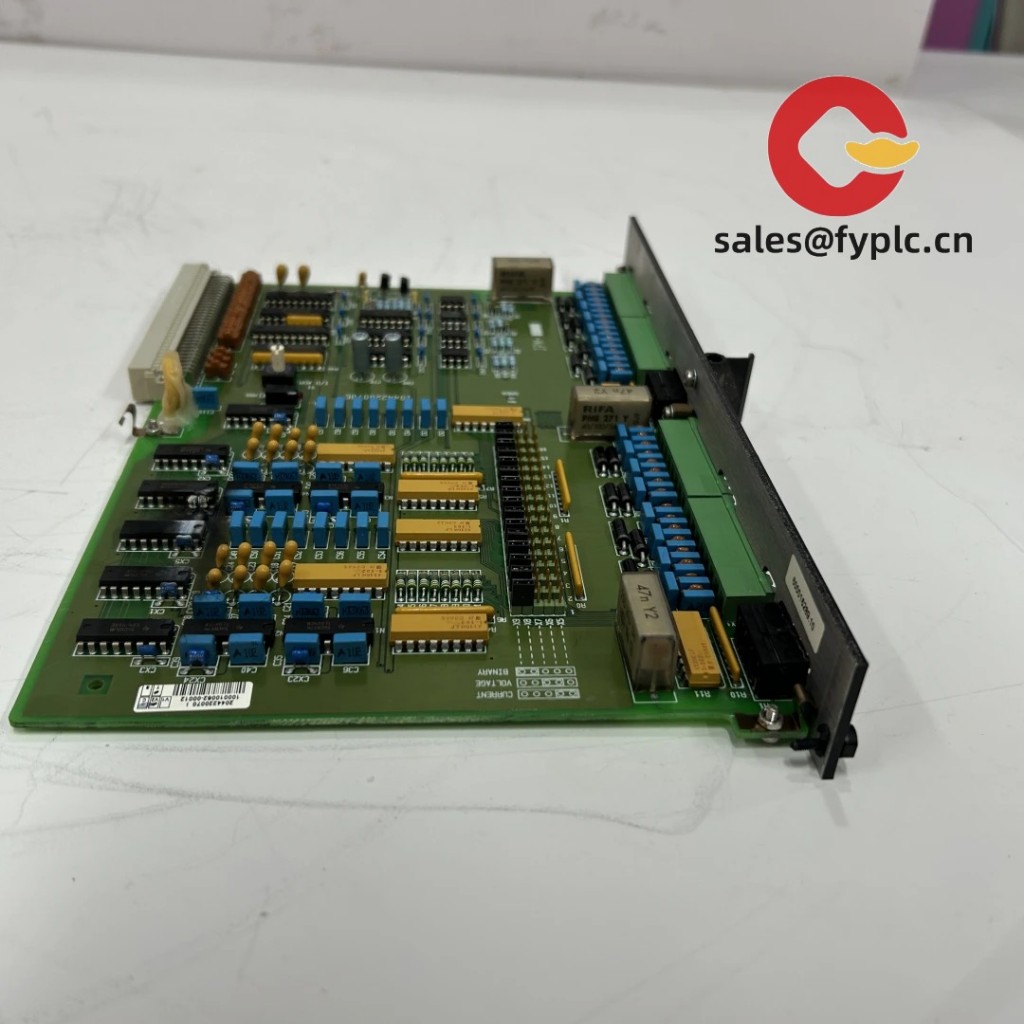
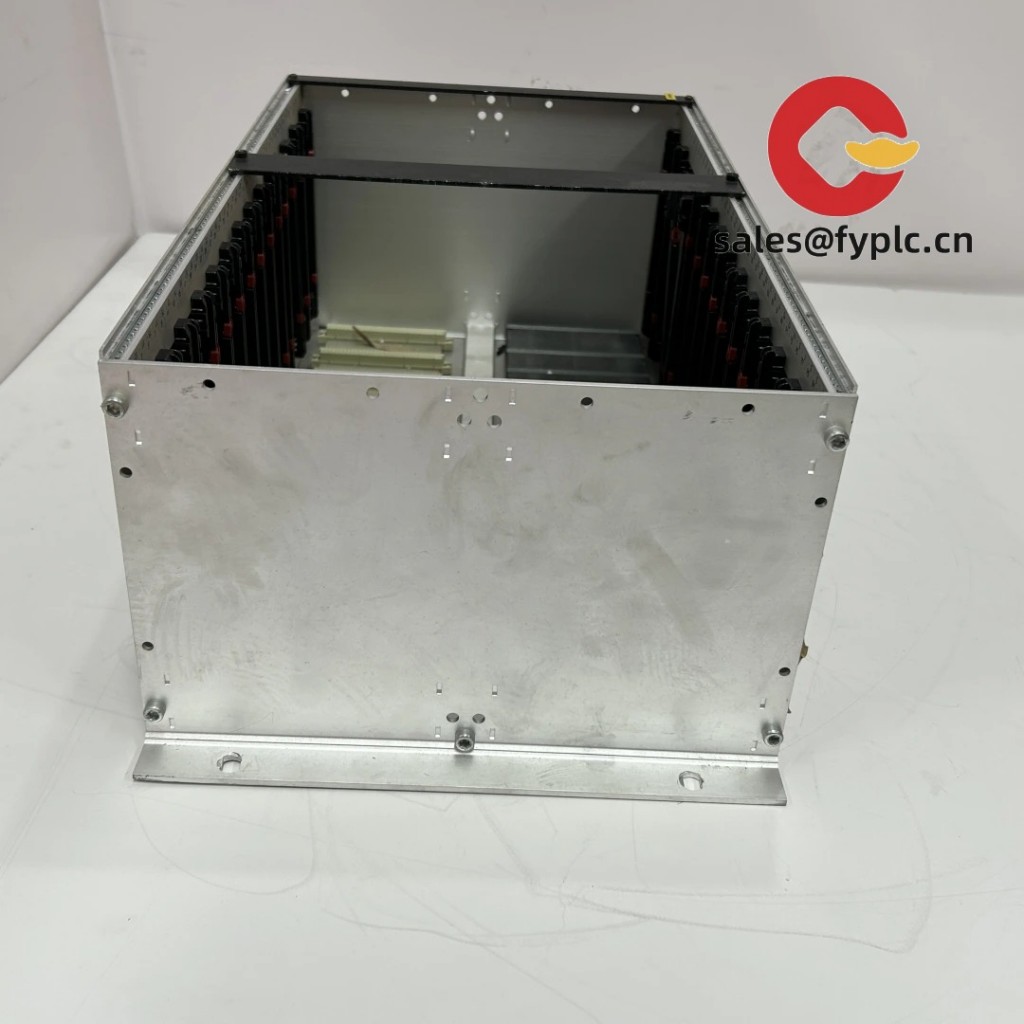
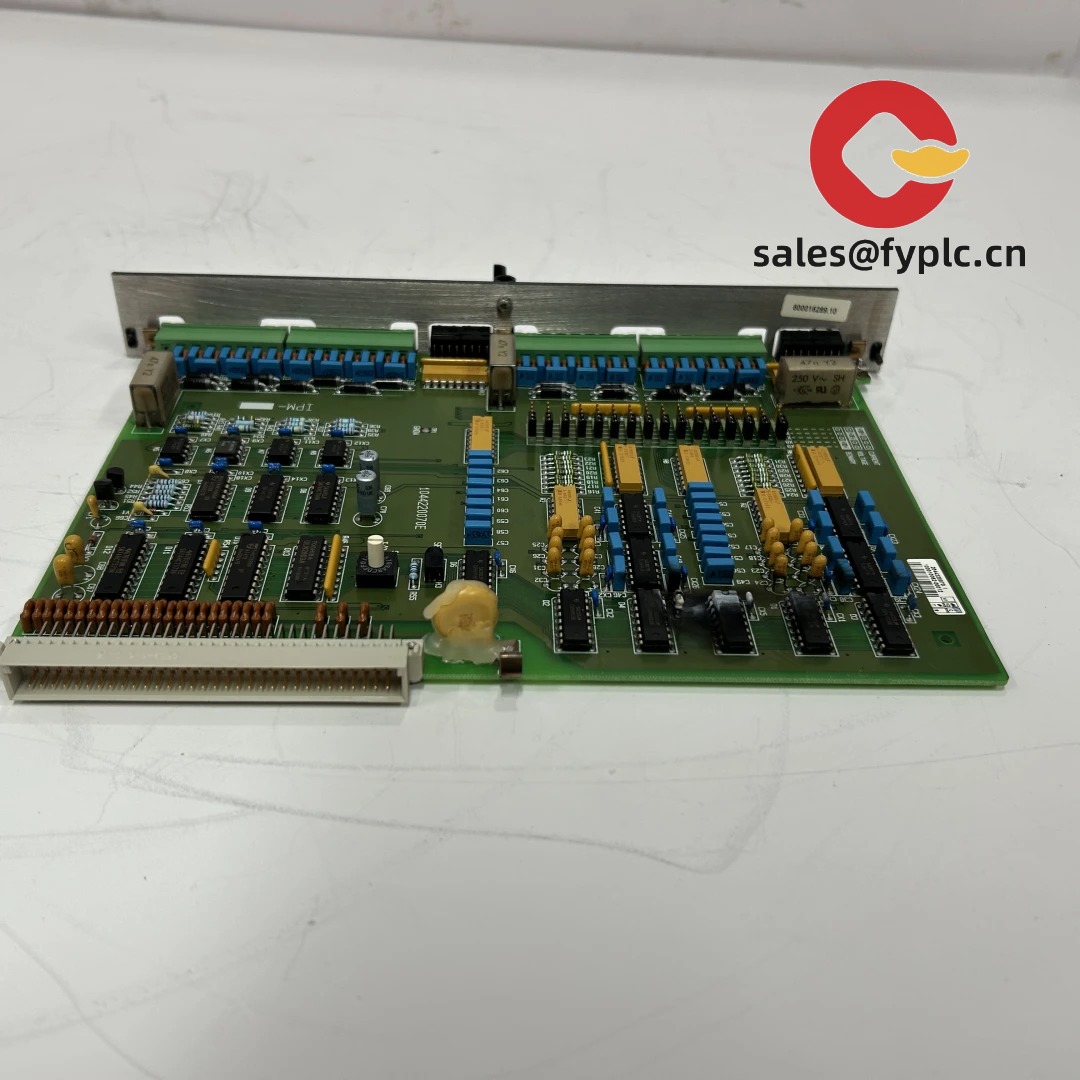
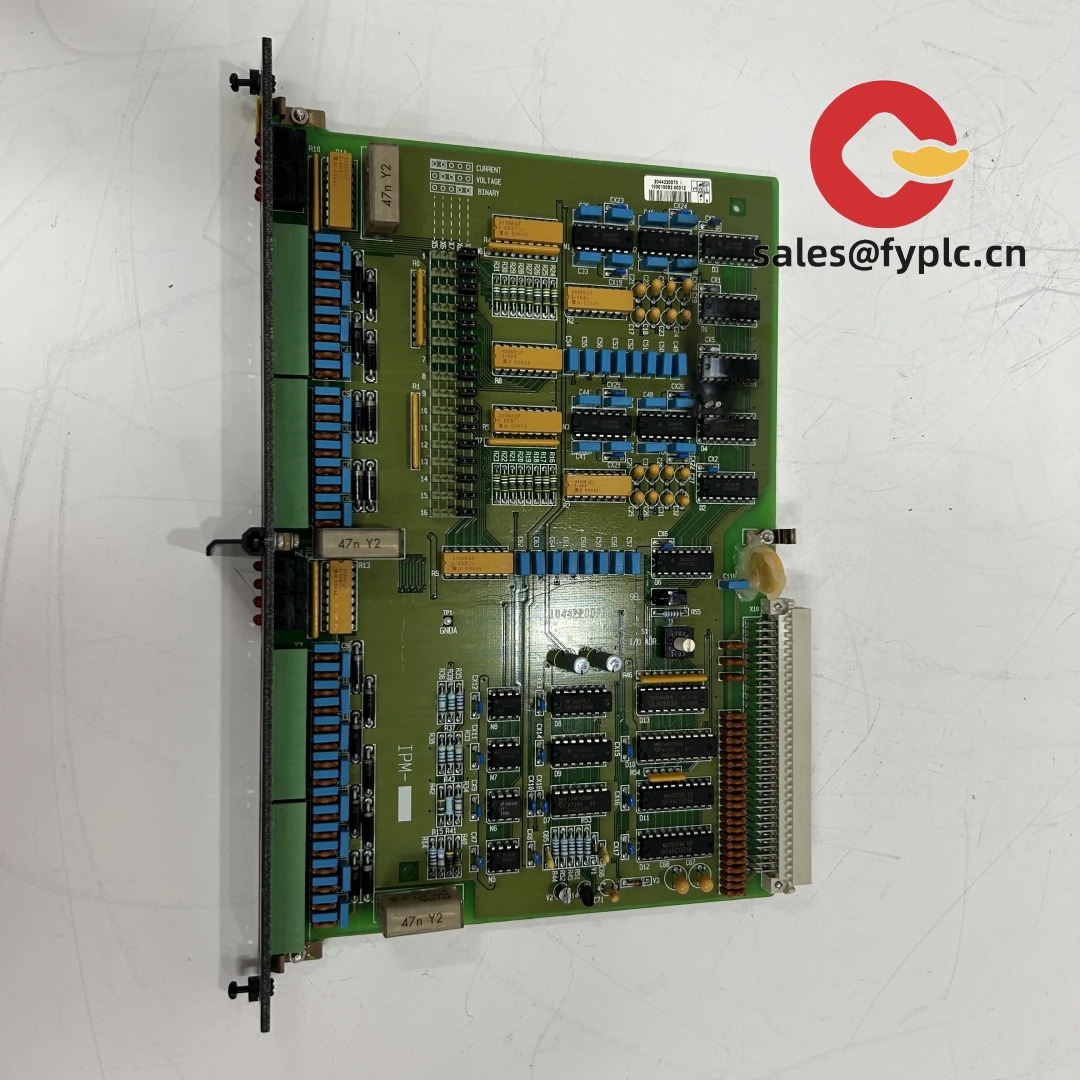
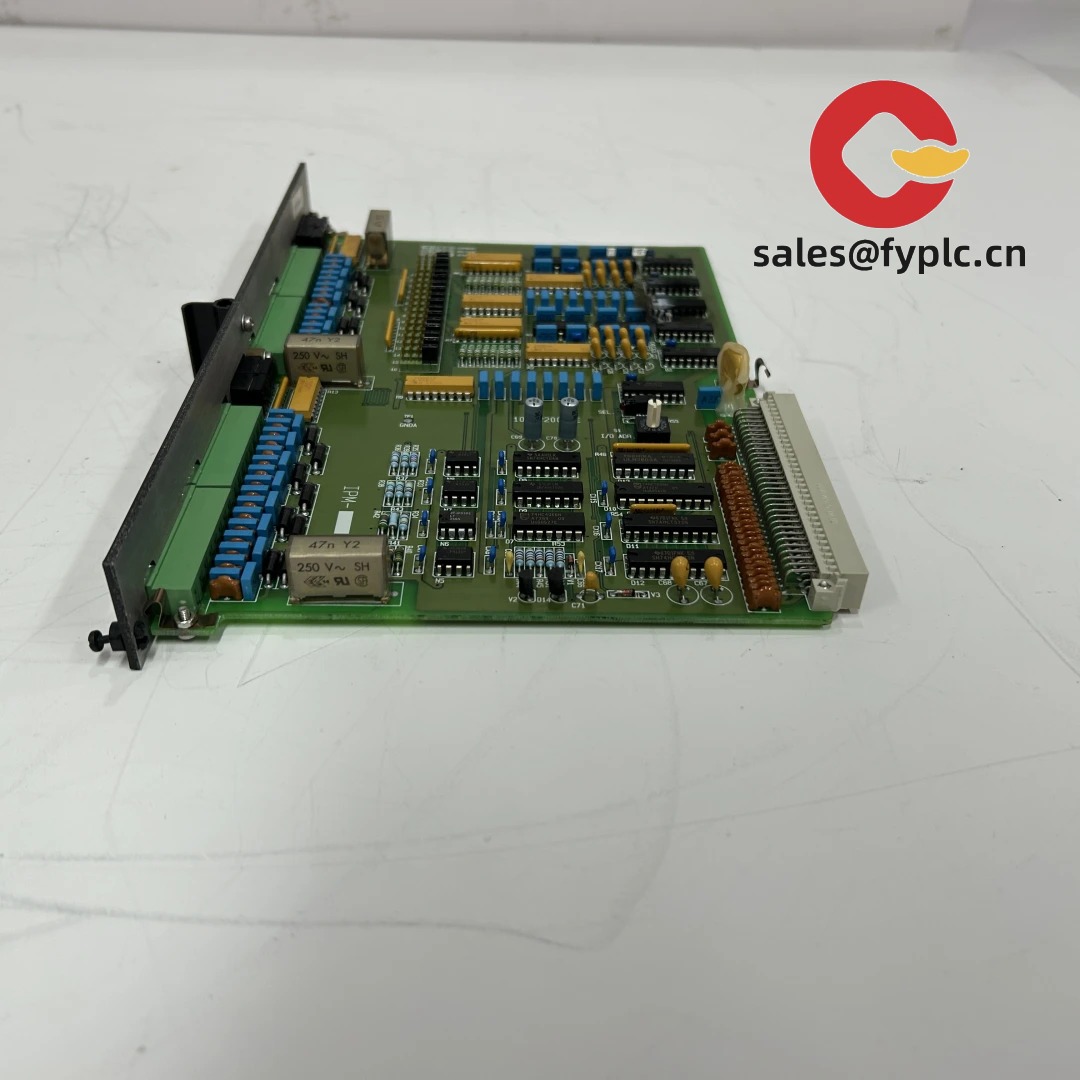

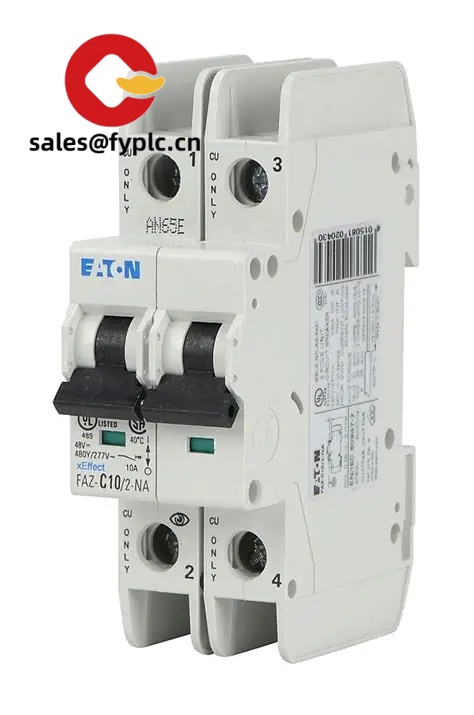
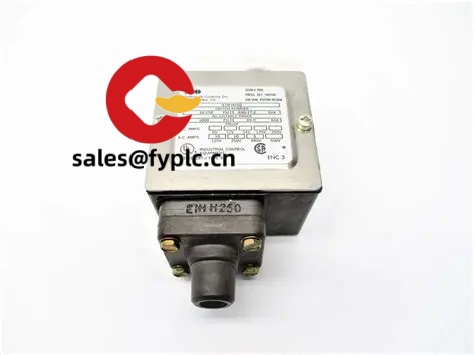
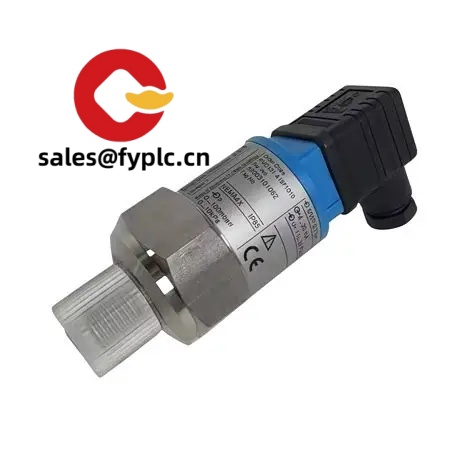
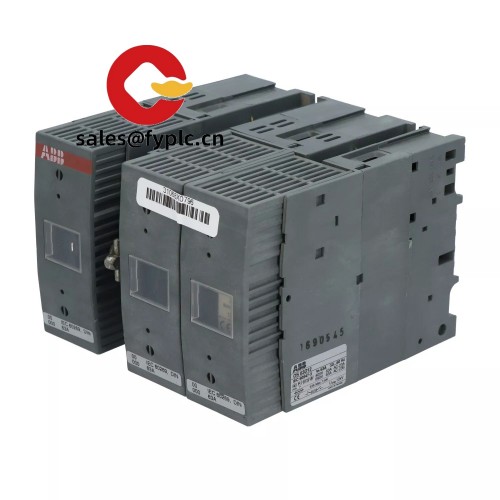
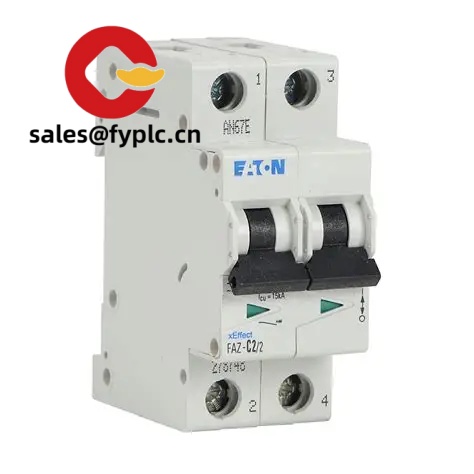


Reviews
There are no reviews yet.